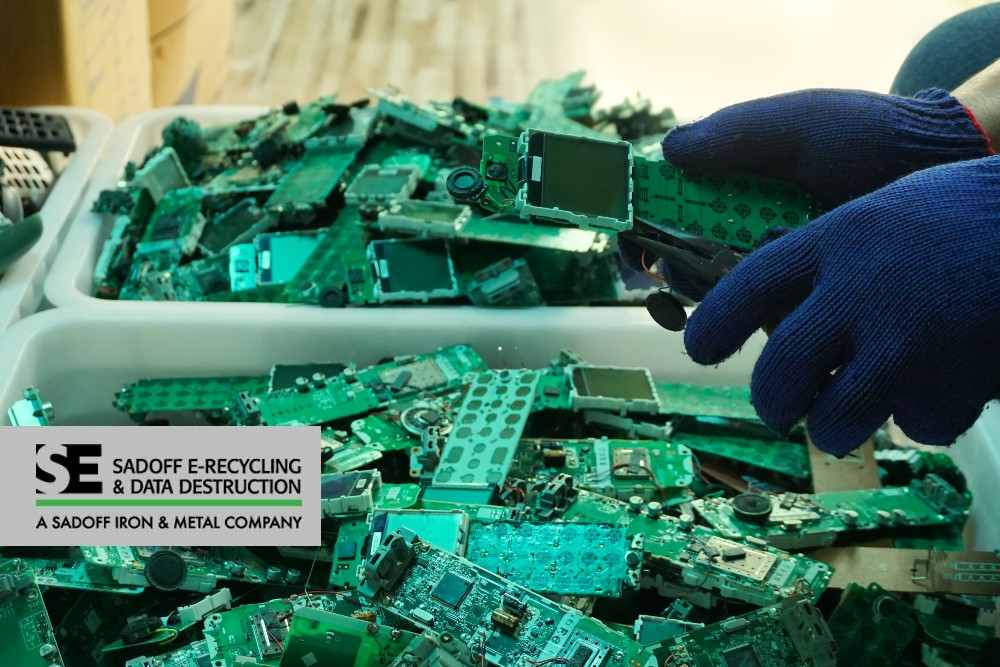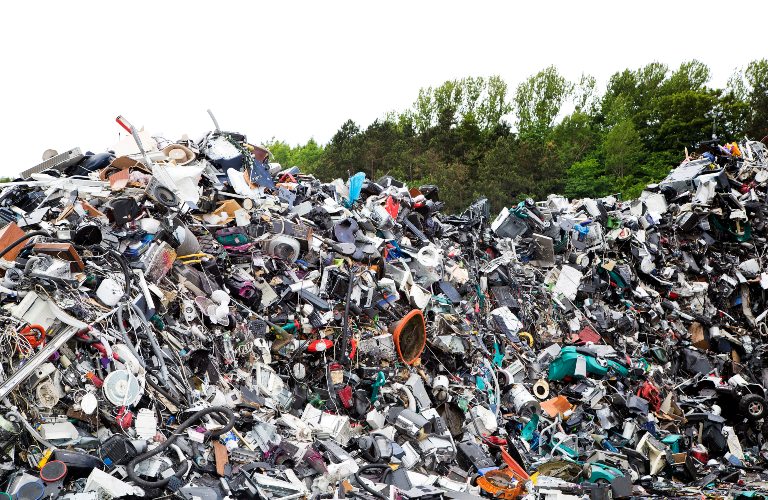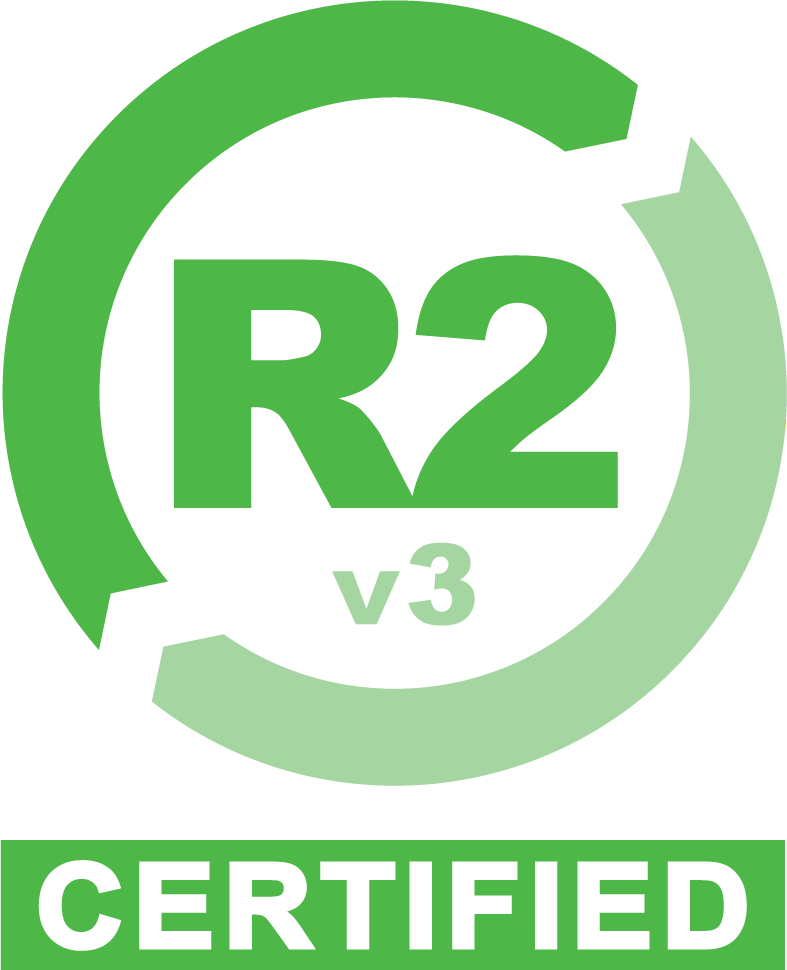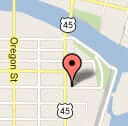Why is E-Waste Often Shipped to Other Countries?
 14
14 Dec
Did you know that e-waste is often shipped to developing countries? But why is that? What is it about e-waste that makes companies want to ship it away from our shores? This is a somewhat complicated question, but like many questions, it comes down to money.
Why is it More Profitable to Ship E-Waste Away From the U.S.
Processing e-waste is expensive. Sometimes, the end materials can pay for the process, but often, that isn’t the case, at least if you do it the right way. The problem is that e-waste is complicated. An aluminum can has a fairly straightforward process for recycling. It’s a matter of removing the paint and any contaminants, most of which can be done in the melting down process. It’s even easy to do while being considerate of the environment.
Now think about a cellphone. There’s gold, silver, and platinum in most phones. There’s also mercury, arsenic, plastic, silicon, a lithium-ion battery, and all kidneys of other metals and alloys. On top of that, this varies from phone to phone.
Read More: Is E-Recycling Better for the Environment?
How are Processes Different in Developing Countries?
 The processes in developing countries rely on cheap often self-employed labor which can result in processing being done inside homes and backyards. Much of the “processing” in developing countries comes down to burning.
The processes in developing countries rely on cheap often self-employed labor which can result in processing being done inside homes and backyards. Much of the “processing” in developing countries comes down to burning.
Cabling, for example, is often cost-prohibitive to recycle. It’s complicated to remove all the rubber and plastic shielding, and in the end, you are left with relatively low-value copper. In developing countries, they burn the wire in big bundles, melting off all the rubber and plastic in a process that not only leaves the copper behind, but sends toxic chemicals into the air. Remember, this is often done in homes and even when it isn’t it’s often done near populated areas and water sources. Not only is there little regard for the environment, but also little regard for human life.
Read More: How Do We Limit Liability For E-Recycling and Data Destruction?
Is it Legal to Ship E-Waste to Other Countries?
Legally speaking, this is where we get into murky waters. Let us introduce you to something called the Basel Convention. This international treaty prohibits developed countries from transporting hazardous waste, which includes e-waste, to less developed countries. Of all the developed countries, the United States is the only country that hasn’t signed. This means we are not subject to these regulations stateside.
Though countries in the European Union, for example, can be penalized for exporting e-waste to developing countries, they still do it. In total, it is estimated that about 23% of electronic waste ends up in developing countries each year.
What is the Fastest Growing Waste Stream in the World?
How to Ensure Your E-Waste Does not Get Exported
It’s nearly impossible to ensure that your e-waste never gets exported. E-recycling facilities take your waste, process it, and then often send it off for further processing to other facilities, which then may send it off again. This is done because, as we mentioned previously, recycling electronics is complicated, but it also leaves many steps in the chain. For this reason, you should work with facilities that are R2v3 certified. R2v3 certification not only monitors e-recycling facilities, but it also monitors their downstream partners and vendors to prevent as much e-waste exporting as possible.
E-Recycling with an R2v3 Certified Facility
At Sadoff, we have several facilities, and all our e-waste funnels through either our Oshkosh, WI facility or our La Vista, NE facility both of which are R2v3 certified. If you need a quote on our e-recycling or data destruction services, then please reach out to us today!
Categorized in: E-Recycle




 Google map directions
Google map directions
 Google map directions
Google map directions
 Google map directions
Google map directions
 Google map directions
Google map directions
 Google map directions
Google map directions
 Google map directions
Google map directions
 Google map directions
Google map directions